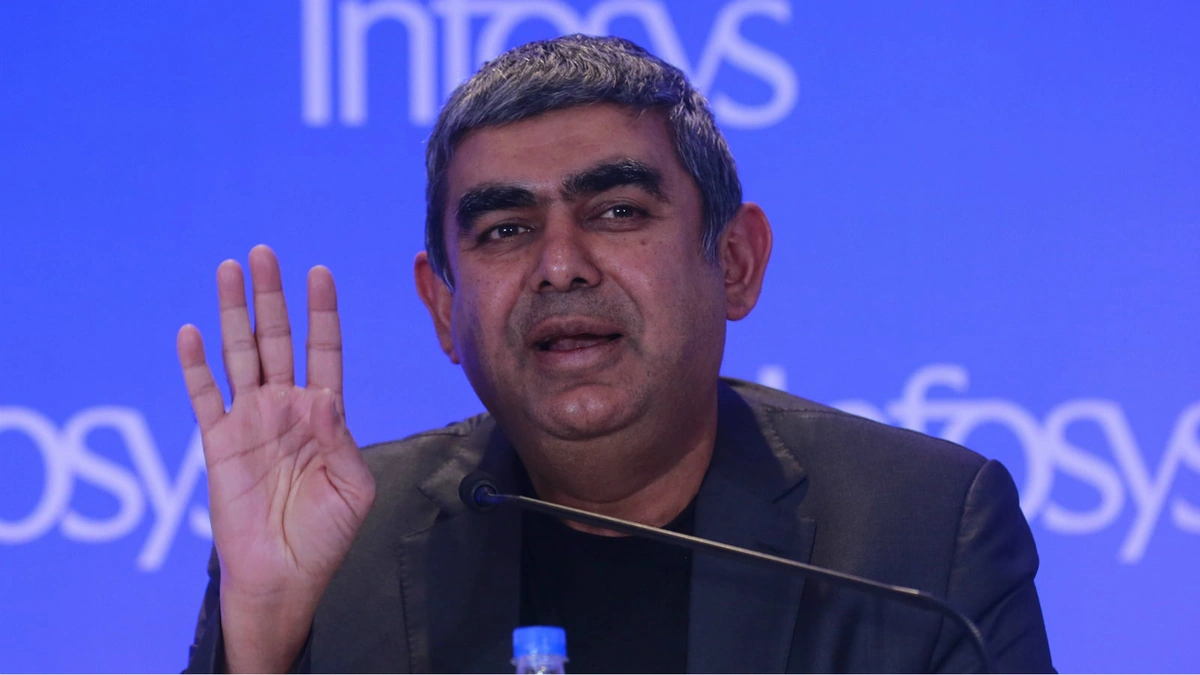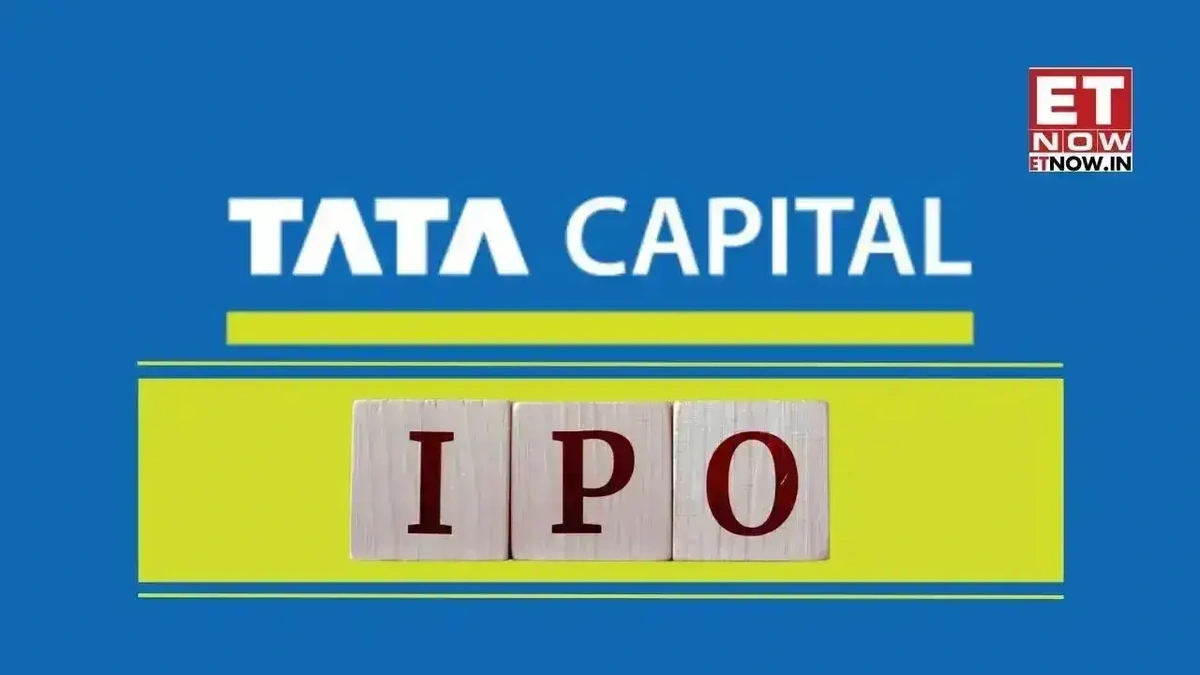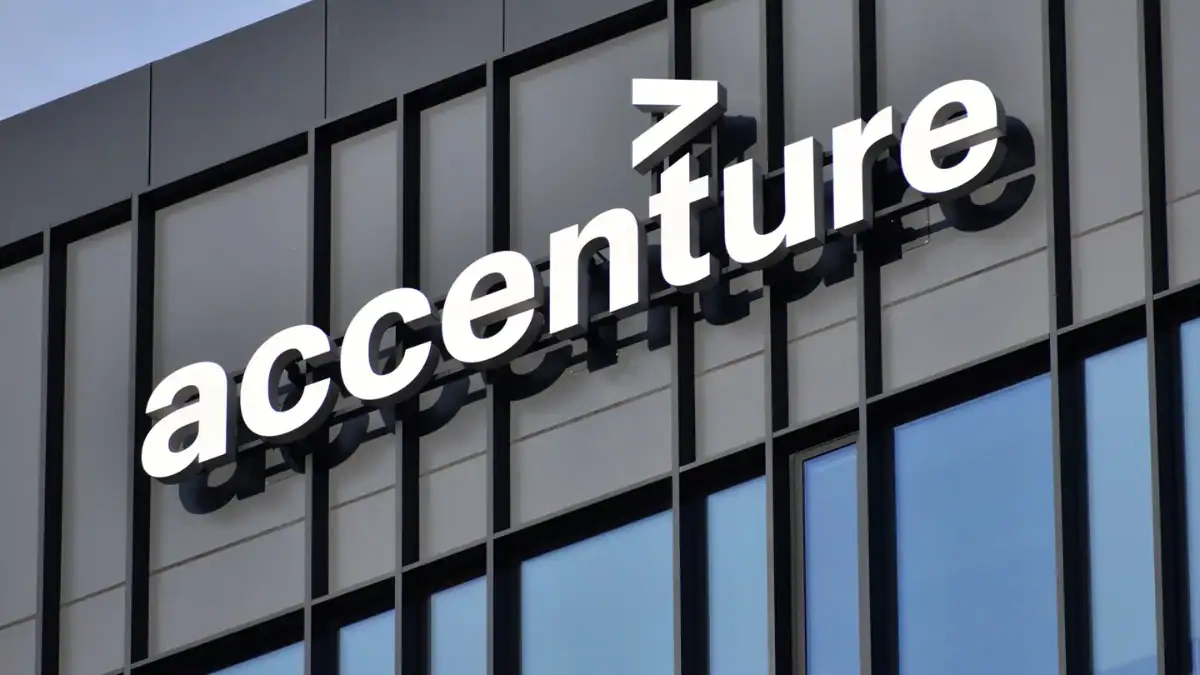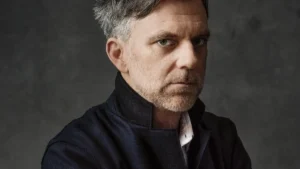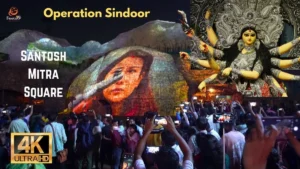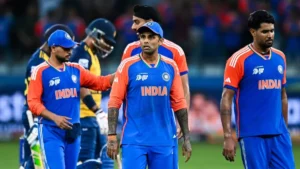Vishal Sikka | More Than Just a Name – The Untold Story You Need to Know
Okay, let’s be honest. When you hear the name Vishal Sikka , what’s the first thing that pops into your head? Maybe it’s images of boardrooms, tech giants, or even a fleeting memory of news headlines. But here’s the thing: the story of Vishal Sikka is far richer, far more nuanced, than any quick Google search will tell you. It’s a story of ambition, innovation, and, yes, even a bit of controversy. And that’s what makes it so fascinating.
The Early Years | Laying the Foundation for Innovation
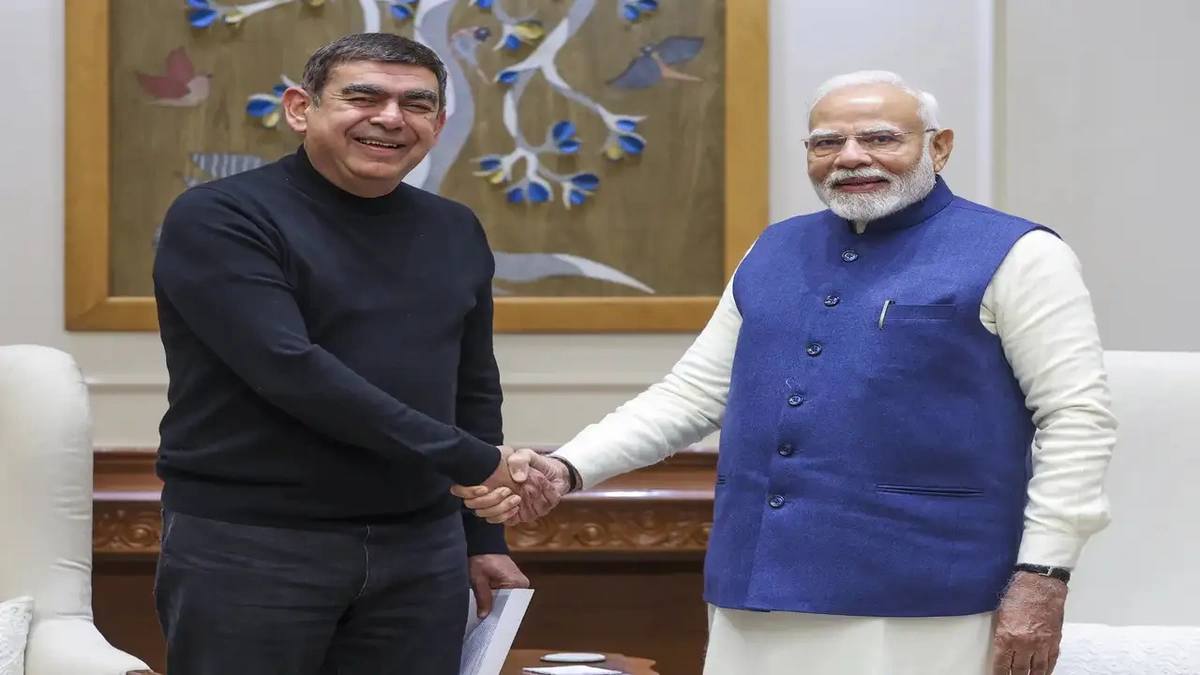
Before he was shaking up the tech world, Vishal Sikka was, well, a student. But not just any student. He wasn’t just memorizing facts; he was absorbing knowledge like a sponge. He earned a Ph.D. in computer science from Stanford University. Stanford! That’s not just a degree; it’s a proving ground. It signals a certain kind of hunger, a drive to push boundaries. And that drive would become a defining characteristic of his career. This background in computer science is crucial to understanding his later moves; it wasn’t just about management, it was about deeply understanding the technology itself. And, let’s be real, that’s rare.
The SAP Years | Climbing the Corporate Ladder
So, what does one do with a Ph.D. from Stanford? In Sikka’s case, it was off to SAP. And not just any role at SAP – he quickly rose through the ranks, eventually becoming the CTO. Chief Technology Officer. Think about that for a second. He wasn’t just managing people; he was shaping the future of one of the world’s largest software companies. It was during his time at SAP that he championed the development of SAP HANA, an in-memory computing platform that, according toWikipedia, revolutionized how businesses process data. This wasn’t just an incremental improvement; it was a paradigm shift. It’s like going from horse-drawn carriages to sports cars. HANA is the reason SAP Innovation is still discussed today. What fascinates me is how Sikka anticipated the need for real-time data processing long before it became a mainstream demand.
The Infosys Chapter | A Bold Bet
Then came Infosys. The appointment of Vishal Sikka as CEO of Infosys in 2014 was a watershed moment, sending ripples across the Indian IT landscape. Here’s why: he was the first non-founder CEO of the company. That’s a big deal. It signaled a willingness to break with tradition, to bring in fresh perspectives. I initially thought this was a simple changing-of-the-guard, but then I realized it was more profound. Sikka wasn’t just stepping into someone else’s shoes; he was tasked with reinventing the company for a new era. He focused on innovation, on design thinking, and on bringing a startup mentality to a large, established organization. He pushed for new technologies like artificial intelligence and machine learning. But… and there’s always a ‘but,’ right? His tenure was marked by controversy. A dispute with the founders regarding corporate governance eventually led to his resignation in 2017. The thing about high-profile exits is that they never tell the full story. There are always layers of complexity, unspoken tensions, and competing visions. Despite the controversies, Sikka’s focus on AI and machine learning laid the groundwork for Infosys’ current AI capabilities and position in the market. Did you know that Infosys artificial intelligence revenue grew by 30% last year?
Post-Infosys | What’s Next for Vishal Sikka?
So, what does one do after leading a tech giant like Infosys? Well, in Vishal Sikka’s case, it involves entrepreneurship and continued involvement in the tech space. He founded Vianai Systems, an AI-focused startup. What intrigues me about this move is that it represents a return to his roots: a deep focus on technology, on innovation, and on building something from the ground up. Vianai focuses on practical AI applications, helping businesses solve complex problems with intelligent systems. It’s not just about the buzzwords; it’s about delivering tangible value. And that, perhaps, is the most enduring lesson from Vishal Sikka’s career: the importance of combining vision with execution. It seems the vianai systems careers page is frequently updated with new postings.
The Legacy | More Than Just a CEO
Let me rephrase that for clarity… Vishal Sikka’s impact extends far beyond his specific roles. He represents a new breed of tech leader: someone who understands both the technology and the business, someone who can bridge the gap between innovation and implementation. His journey is a reminder that leadership is not just about titles or positions; it’s about vision, about courage, and about the willingness to take risks. And, let’s not forget, resilience. Navigating the complexities of the tech world requires a thick skin and an unwavering belief in your own ideas. It is key to understanding Vishal Sikka leadership. What I’ve learned from watching his career is that true innovation often comes with a price. It’s messy, it’s challenging, and it’s rarely straightforward. But the rewards – both for the individual and for the industry – can be immense. As per the information mentioned onBloomberg, Vishal Sikka is still actively involved in shaping the future of technology.
Ultimately, the Vishal Sikka story is a mirror reflecting the changing face of the Indian IT industry – its ambitions, its challenges, and its unwavering pursuit of innovation. It’s a story worth paying attention to. Check this out . His emphasis on design thinking, agile development, and cloud computing left an indelible mark. More here . So, the next time you hear his name, remember there’s more to it than meets the eye – a career defined by bold moves, disruptive ideas, and an unwavering commitment to pushing the boundaries of what’s possible.
FAQ
What was Vishal Sikka’s role at SAP?
He was the Chief Technology Officer (CTO) at SAP, where he played a key role in developing SAP HANA.
Why did Vishal Sikka leave Infosys?
He resigned due to disputes with the founders regarding corporate governance.
What is Vianai Systems?
Vianai Systems is an AI-focused startup founded by Vishal Sikka.
What is Vishal Sikka doing now?
He is currently the founder and CEO of Vianai Systems, focusing on practical AI applications.
How can I learn more about design thinking?
There are many online resources and courses available that teach the principles of design thinking.
What is design thinking?
Design thinking is a problem-solving approach that emphasizes empathy, experimentation, and iterative development.
